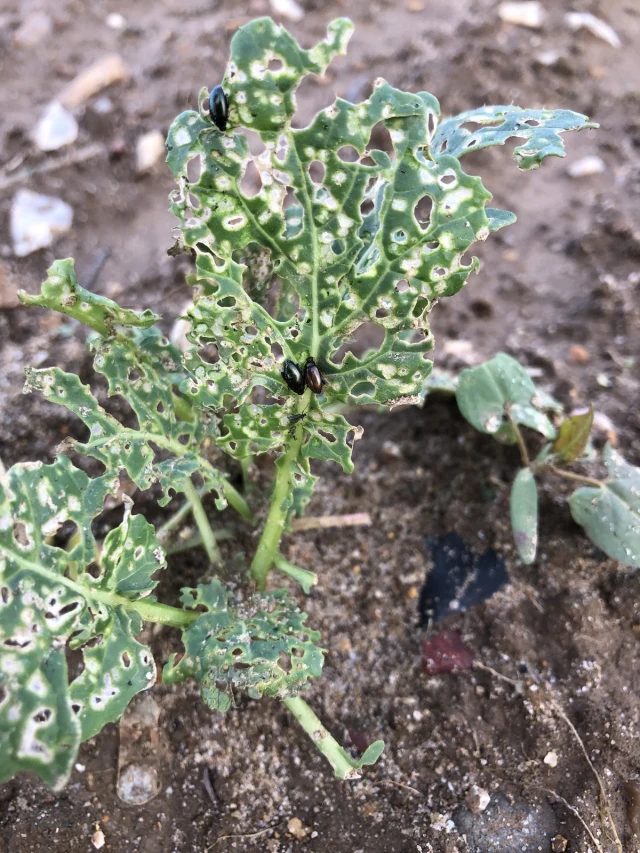Published on 1st March 2023
Seed & Establishment
ADAS Trials underline DK hybrids' verticillium strengths

All five Dekalb varieties included in the latest ADAS trials have shown good resistance or tolerance to verticillium in a season in which infection levels on the Cambridge site chosen for its history of problems from the disease have been relatively high.
ADAS Trials underline DK hybrids' verticillium strengths Content
All five Dekalb varieties included in the latest ADAS trials have shown good resistance or tolerance to verticillium in a season in which infection levels on the Cambridge site chosen for its history of problems from the disease have been relatively high.
This is the third year in a row in which the verticillium indexes of both DK Excited and DK Imprint CL have been much lower and their yields far higher than the susceptible control variety and on a par with the intermediate standard, confirming their resilience to this damaging disease.
What is more, DK Expectation has shown similar levels of verticillium resistance or tolerance for the two years it has been included in the trial work. And DK Expose and V367OL – tested for the first time in 2021/22 – are also demonstrating their genetic strengths.
“With three-year Verticillium Indexes of just under 44 on the 1-100 ADAS scale, DK Excited and DK Imprint CL are consistently showing infection levels of only around half the susceptible control,” notes Bayer trials manager, Richard Williams. “At the same time, their average seed yields are more than 1t/ha ahead of it.
“DK Expectation has recorded almost identical disease and yield performance advantages over the susceptible control in its two years of testing, V367OL doing the same in its first year, and DK Expose out-yielding the control by just over 2t/ha.
“This is yet more proof of the particular environmental resilience our breeding programme has long concentrated on building into OSR. Strong resistance to phoma and light leaf spot are essentials in this respect, as are autumn and spring development characteristics that give varieties the best chance of tolerating disease, pest and weather challenges.
“With ADAS trials recording levels of pre-mature pod ripening of around 30% in even the most verticillium-resistant varieties, the extra tolerance that the pod shatter resistance all Dekalb hybrids carry also comes into its own here,” he adds.



